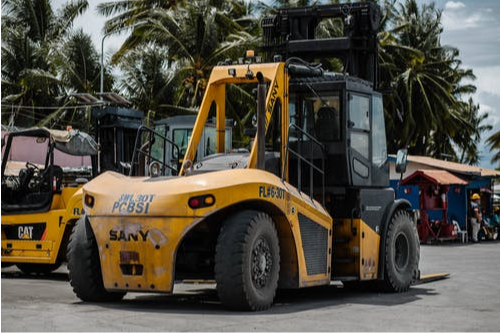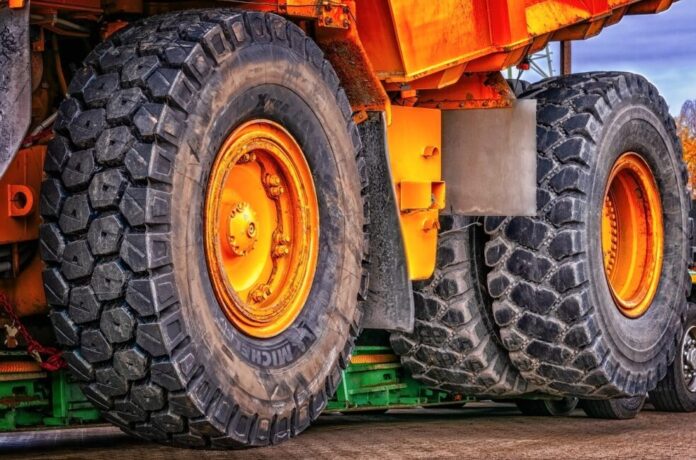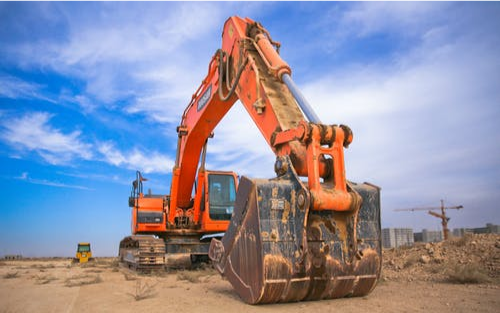
But how does all this relate to the use of heavy machinery? Despite the imminent tech advances of modern-day, why do you still spot bulldozers, excavators, road rollers, asphalt pavers, motor graders, and dump trucks around your neighborhood or in town? This article is keen to try and explain the reasons why heavy machinery is still relevant in the tech age.
The Used Equipment Market Is ThrivingÂ
Heavy equipment is constructed using the toughest materials on the planet. These giant machines are designed to last for decades on end, blasting on hard surfaces, lifting heavy objects, and transporting stuff through the toughest of terrains without significant damage.
The best part is that they can be owned by a second, third, or fourth owner, and they’ll still do a great job. Apart from stocking new variants, forklift dealers have used equipment too, ranging from trucks to pallet jacks, dozers, scissor lifts, and order pickers. Whether you’re in construction or warehousing, the used heavy equipment market has literally all the kind of heavy equipment you might need for your business.
Construction Is a Hands-On ThingÂ
Information-based industries have experienced a digital revolution over the past few years. New technologies that improve business and ease the lives of consumers are discovered as existing ones get better. Obviously, this includes parts of processes in the construction industry, but barely the case when it comes to heavy equipment. For all sorts of construction equipment Luton Machinery is the best option.
There has been a huge lag in digitization when it comes to construction equipment. This is among the reasons for the prevailing relevance of heavy machinery in a tech-dominated age.
Wide-Spread Usage of Legacy Equipment
Let’s talk about the industrial sector for a minute. If you do a quick survey in your city or the local area, you will discover that the sheer majority of factories still utilize legacy assets in accomplishing specific operations. In the heavy equipment industry, you bet you can find equipment as old as four or five decades still in use and playing critical roles.
Most of these legacy assets were manufactured with analog features alongside proprietary communication protocols, making it hard to incorporate modern tech solutions. But that doesn’t stop them from doing a great job as long as the company has expert operators.
 Size Is Still IrrelevantÂ
Size Is Still IrrelevantÂ
When classifying heavy equipment, size is barely a relevant factor. For instance, operating a mini-excavator requires literally the same training for the mammoth excavators used in mining or construction. Moreover, a smaller unit could have the strength to lift a bus, while its larger counterpart can only lift a small car maximum.
Whether you’re bursting surfaces, constructing a road, or lifting objects, one thing is for sure. When it comes to heavy equipment, efficiency depends on the following factors rather than its size:
– Implementation
– Power train (drivetrain power)
– Traction
– Control
– Information
Heavy Machines Are Like VehiclesÂ
If you’re like many people in the developed world, you must be familiar with autonomous vehicles by now. Given the obvious benefits of self-driving cars, perhaps you strive to stay updated with this market. However, current technology has its limits, so manufacturers have to spend many sleepless nights projecting and finding solutions to the expected challenges before launching a smart car model.
Since most heavy machines are literally vehicles, it is safe to say that they aren’t going anywhere any time soon. Moreover, you can expect a similar lag or even longer as far as their digitization is concerned. Furthermore, it appears that manual input will still be required to operate most heavy machinery when and if heavy machinery becomes completely autonomous.
In conclusion, heavy machinery will and shall be around for many years to come. These giants will only get better as technology advances, providing perks like reducing costs, saving time, enhancing accuracy, and improving work quality. Brands will be elevated by increased profits, plus advanced technology could benefit the environment. All in all, you now know why heavy machinery is and will still hold relevance amid technology advancements in years to come.



 Size Is Still IrrelevantÂ
Size Is Still Irrelevant 


















